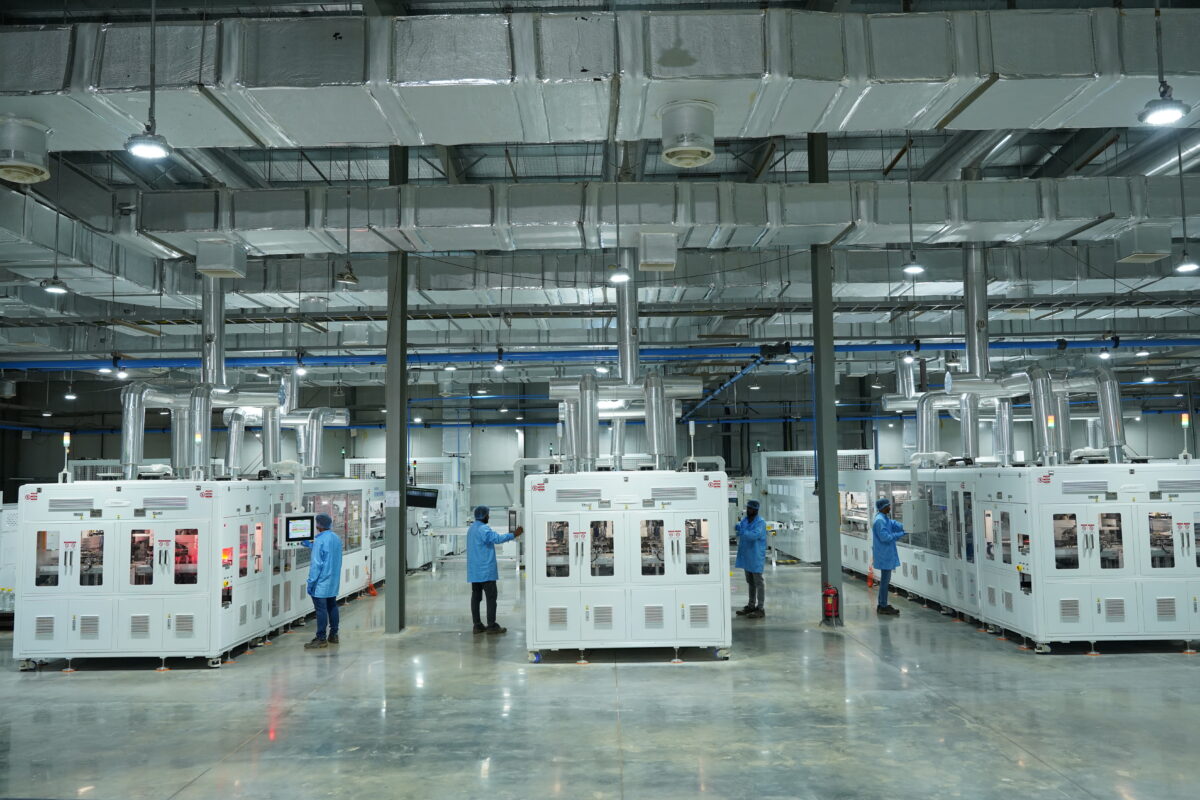Budget 2018-19 has been watched with a lot of expectations and addressed three critical issues, agricultural distress being foremost, followed by employment opportunities for youth, and ways to kickstart manufacturing with large-scale private investments.
‘Saubhagya’ is one of the powerful tools that was at the top of the budget’s agenda, which Prime Minister Modi launched in September 2017 to deliver 24×7 power to 40 million rural and urban poor by December 2018. In this budget, there is an allocation of INR 160 billion ($2.5 billion) for Saubhagya to ensure ‘Sahaj Bijli Har Ghar Yojana ‘to those who have not yet seen the benefits of power.
Many of us living in urban areas know the pains and problems of going without power for even a few hours. Electricity is essential, just like air and water in today’s environment and in terms of how transformational it is to daily lives.
Modi has been categorically clear about the fact that we cannot have a section of people living in rural and urban areas without access to power. As electricity can dramatically transform the lives of those families regarding education, such as being able to use mobiles to live in today’s digital age for communication, where digital banking transactions and many more benefits are vital. The scheme funds last-mile connectivity to willing households.
According to the specifics of the scheme, a service cable will be drawn from the nearest electric pole. A meter will be installed along with wiring for a single LED and mobile charging facility. This is a modest start, and indeed can be expanded to include services to connect TV and other amenities like refrigerators, to eliminate the associated losses over the next few years.
Saubhagya will be truly transformative, and together with the benefits of economic growth will reach the bottom of the pyramid, i.e., the primary population.
The earlier Scheme, DUGJY (Deendayal Upadhyay Gram Jyothi Yojana), was to ensure that power reaches every village, and the current scheme takes the next step of connecting each household.
The Budget has taken another path-breaking change for farmers in the agricultural sector regarding buying excess generated power from solar pumps by Discoms or Licensees at a reasonably remunerative price. This will undoubtedly promote solar pumps usage in farms, and also boost the manufacturing sector who will supply the solar pump solutions
Another substantial change that was witnessed in the budget is that, after 20 years there has been an increase in customs duty on specified items covering mobiles, electronics, and other consumer items like footwear.
What is heartening to note is that the Finance Minister in his budget speech has been candid in mentioning apparent deviations from the past, as there have been goods coming from individual countries where their manufacturing is massively supported with state subsidies, incentives, thus taking advantage of Indian market dumping their products hurting domestic industry.
Free trade can only be acceptable with a forewarning at a ground level and not take away markets and employment opportunities for the youth of our country.
Solar installations have reached 20 GW in December 2017. Now, it is the time to promote aggressively domestic manufacturing, though it may lead to a small increase in solar tariffs, in the long run, it will provide self-sufficiency and energy security.
The views and opinions expressed in this article are the author’s own, and do not necessarily reflect those held by pv magazine.
This content is protected by copyright and may not be reused. If you want to cooperate with us and would like to reuse some of our content, please contact: editors@pv-magazine.com.








By submitting this form you agree to pv magazine using your data for the purposes of publishing your comment.
Your personal data will only be disclosed or otherwise transmitted to third parties for the purposes of spam filtering or if this is necessary for technical maintenance of the website. Any other transfer to third parties will not take place unless this is justified on the basis of applicable data protection regulations or if pv magazine is legally obliged to do so.
You may revoke this consent at any time with effect for the future, in which case your personal data will be deleted immediately. Otherwise, your data will be deleted if pv magazine has processed your request or the purpose of data storage is fulfilled.
Further information on data privacy can be found in our Data Protection Policy.